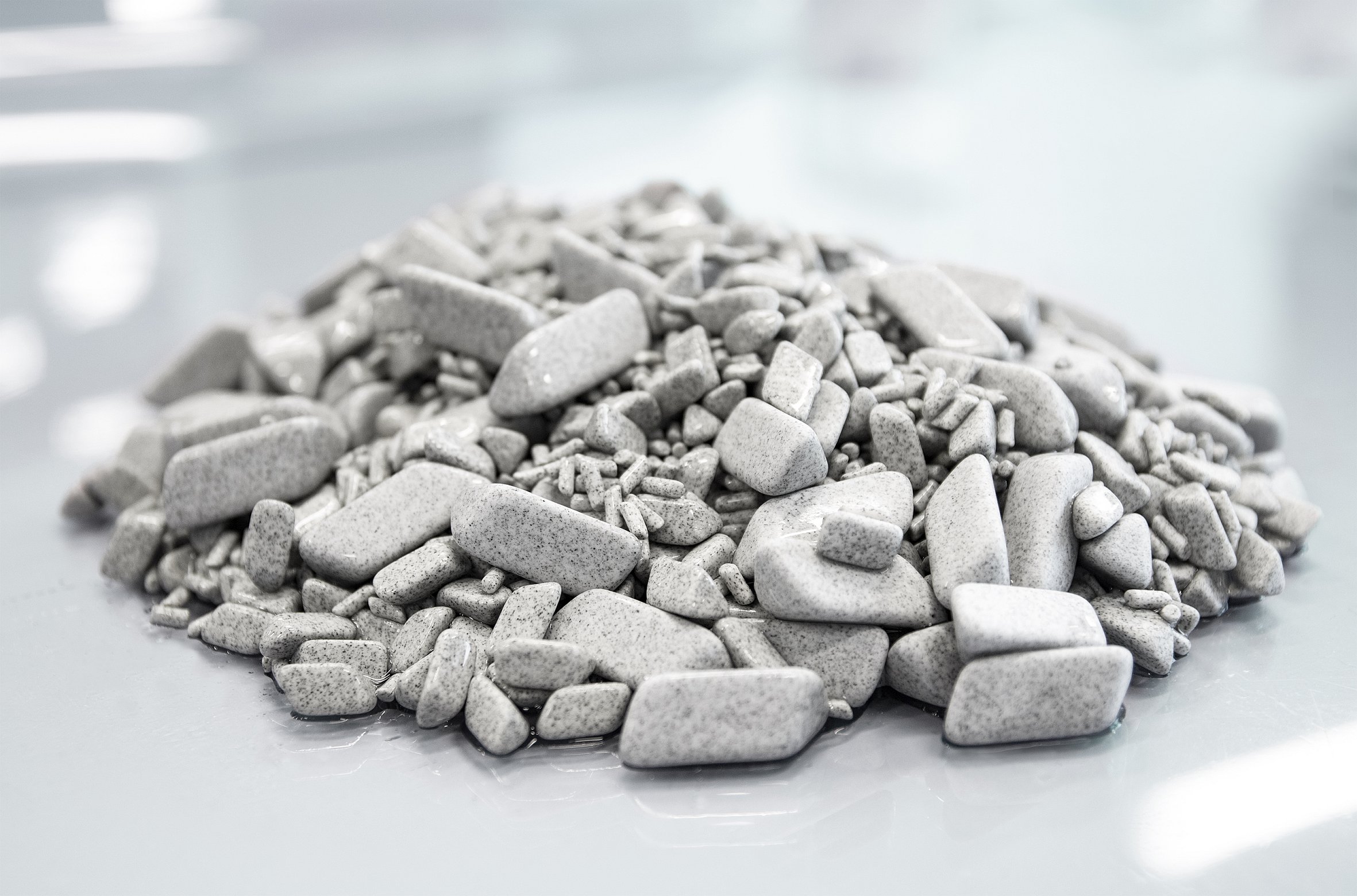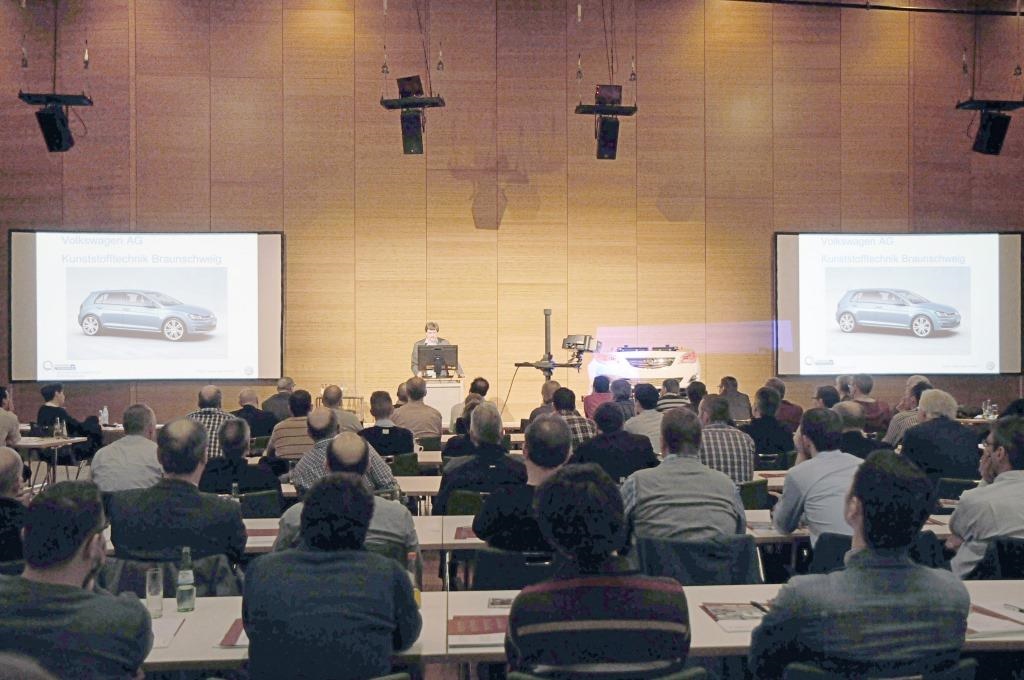Growing opportunities for plastics-to-fuel technologies in the US: study
The American Chemistry Council recently released a study conducted by 4R Sustainability, Inc. on increasing opportunities for plastics-to-fuel “conversion technologies” in the U.S.
Although U.S plastics are made primarily from natural gas, these innovative technologies are effectively turning non-recycled plastics into crude oil and other fuels, helping to create a reliable source of alternative energy from an abundant, no-cost feedstock, and diverting this potentially valuable material from landfills. Many of these technologies are already being implemented on a commercial scale in Europe and Asia.
In 2009, the U.S. recycled over four billion pounds of plastics. This study demonstrates that the U.S. has the ability to recycle and recover more plastics through innovative technologies, including those that convert plastics into oil and other fuels.
“As the United States seeks cost-effective sources of alternative energy, the potential to recover non-recycled plastics is enormous,” says Steve Russell, vice president of plastics for the American Chemistry Council. “According to scientists at Columbia University, if the United States were to recover the energy from our non-recycled plastics, this material could be converted into enough energy to fuel the equivalent of six million cars annually.”
The American Chemistry Council funded the study — “Conversion Technology: A Complement to Plastics Recycling” — to examine available technologies, feedstocks, growth models for technology abroad and in North America, opportunities and barriers, and outlook for growth in the U.S.
The information presented is intended to help inform government officials, plastics reclaimers, materials recovery facility managers, and investors about the range of available technologies and under what conditions each could fit in commercial or community waste management plans.
Source : solidwastemag.com








